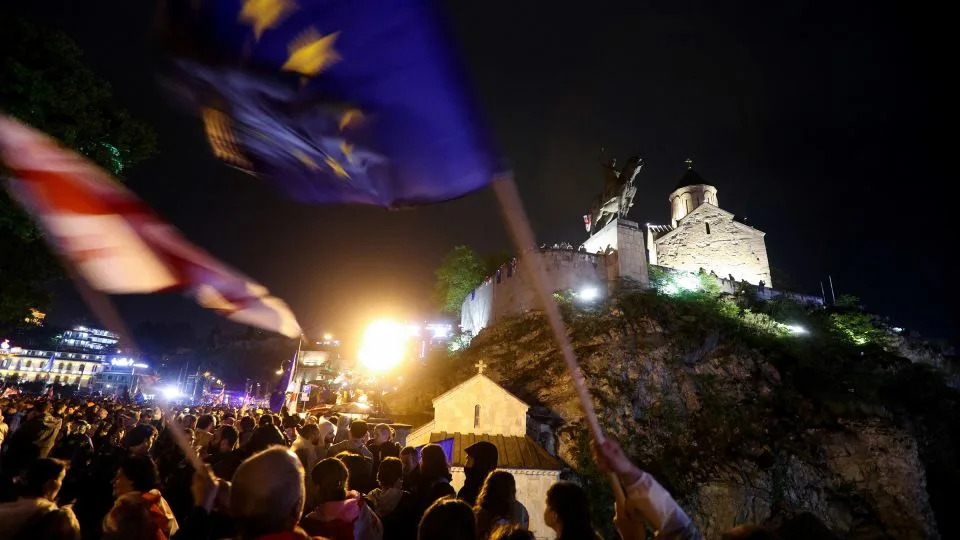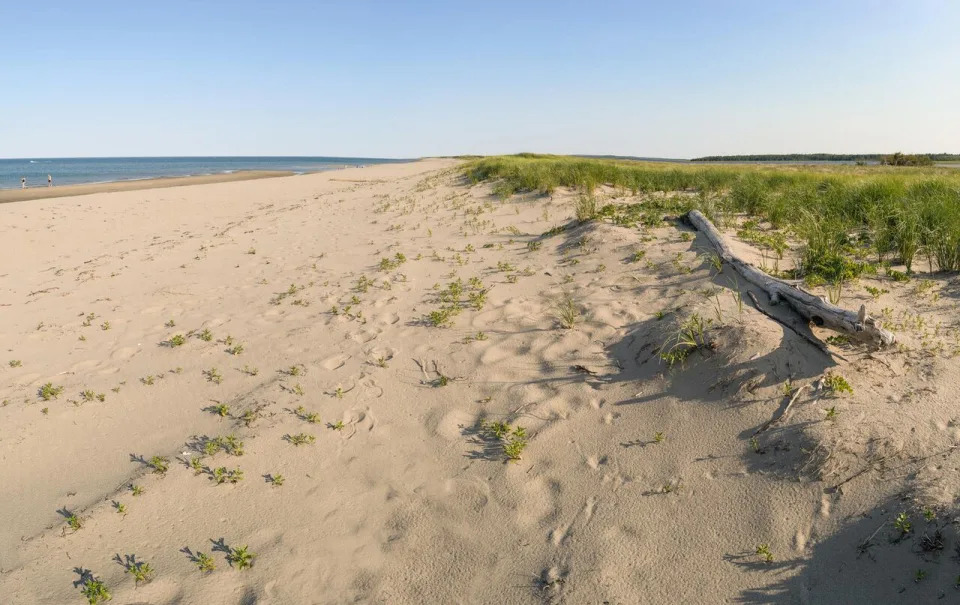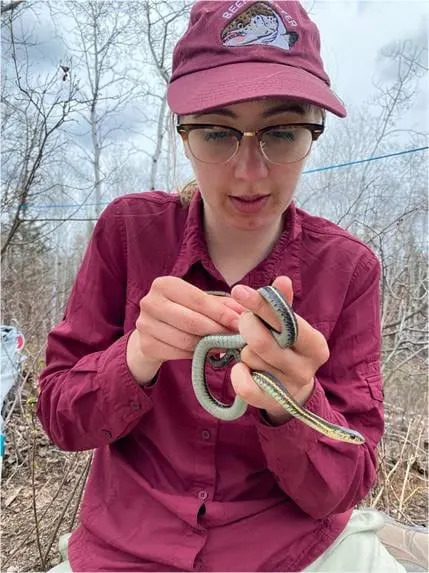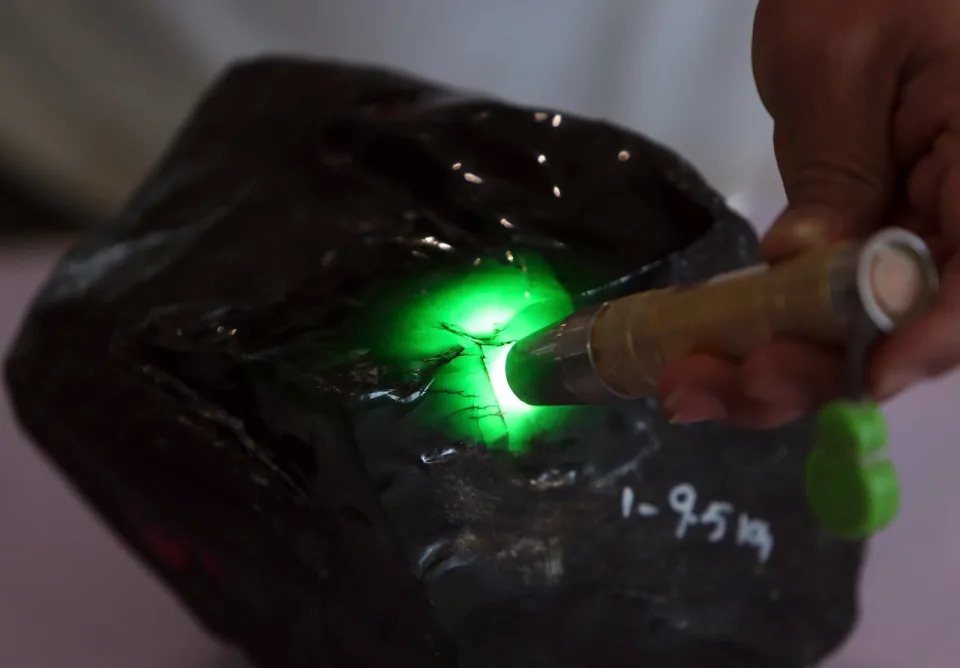Brad Brooks
Sun, May 12, 2024





Protest in support of Palestinians, at Auraria Campus in Denver
By Brad Brooks
DENVER, Colorado (Reuters) - About a dozen students arrested by police clearing a sit-in at a Denver college campus emerged from detainment to cheers from fellow pro-Palestinian protesters, several waving yellow court summons like tiny victory flags and imploring fellow demonstrators not to let their energy fade.
Just how much staying power the student demonstrations over the war in Gaza that have sprung up in Denver and at dozens of universities across the United States will have is a key question for protesters, school administrators and police, with graduation ceremonies being held, summer break coming and high-profile encampments dismantled.
The student protesters passionately say they will continue until administrators meet demands that include permanent ceasefire in Gaza, university divestment from arms suppliers and other companies profiting from the war, and amnesty for students and faculty members who have been disciplined or fired for protesting.
Academics who study protest movements and the history of civil disobedience say it's difficult to maintain the people-power energy on campus if most of the people are gone. But they also point out that university demonstrations are just one tactic in the wider pro-Palestinian movement that has existed for decades, and that this summer will provide many opportunities for the energy that started on campuses to migrate to the streets.
EVOLVE OR FADE AWAY
Dana Fisher is a professor at American University in Washington, D.C., and author of several books on activism and grassroots movements who has seen some of her own students among protesters on her campus.
She noted the college movement spread organically across the country as a response to police called onto campus at Columbia University on April 18, when more than 100 people were arrested. Since those arrests, at least 2,600 demonstrators have been detained at more than 100 protests in 39 states and Washington, D.C., according to The Appeal, a nonprofit news organization.
"I don't see enough organizational infrastructure to sustain a bunch of young people who are involved in a movement when they are not on campus," Fisher said. "Either the movement has to evolve substantially or it can't continue."
Following the initial arrests at Columbia, students there occupied a classroom building, an escalation of the protest that led to even more arrests. Similarly in Denver, police on April 26 arrested 45 people at an encampment protest at the Auraria campus – which serves the University of Colorado-Denver, Metropolitan State University and the Community College of Denver.
Then on May 8, Auraria protesters staged a short-lived sit-in inside the Aerospace and Engineering Sciences building, developed in part with a $1 million gift from arms manufacturer Lockheed Martin.
Students in Denver say the movement's spread from the coasts to the heartland and to smaller universities shows it has staying power. Student protests also have flared outside the U.S.
"We're keeping our protests up and our encampment going until our demands are met, however long that takes," said Steph, a 21-year-old student on the Auraria campus who declined to give their full name for fear of reprisals. "We'll be here through summer break and into next fall if needed."
Fisher, the academic, said the police response to protests has helped ignite a sense of activism in a new generation of students. She thinks the current campus demonstrations foreshadow a "long, hot summer of protest" about many issues, and that the Republican national convention in July and the Democratic national convention in August will be ripe targets for massive protest.
"The stakes have gotten much higher, and that's very much due to the way that police have responded in a much more aggressive and repressive way than they did even back in the 1960s," Fisher said, referring to student-led protests against the Vietnam War.
"And then you just plop right down in the middle of all that the presidential election?" she said. "It's a crazy recipe for one hell of a fall."
AFTER GRADUATION, A GHOST TOWN
Michael Heaney, a American lecturer in politics at the University of Glasgow in Scotland whose research and books have focused on U.S. protest movements said the campus demonstrations are just one tactic in the wider movement to support Palestinians, an ongoing effort that goes back decades.
Heaney said that the geographical diffusion of the university encampments to places like Denver is an opportunity to bring the message of the wider movement to places where it may not have been before.
Heaney added that "protests for any movement are episodic" and pointed to the various manifestations of the African-American Civil Rights movement in the U.S., going back 200 years. Just because one moment of protest ends does not foretell its overall demise.
He said pro-Palestinian protests in American cities this summer could grow if Israel's offensive in Gaza continues, and that such demonstrations would have been stoked by the widespread university activism.
On Denver's Auraria campus, while students were cleared from the classroom building, about 75 tents remain on a grassy quad, where protesters say they serve 200 meals each day in a mess hall tent. One of the student protest organizers, Jacob, 22, said he's convinced the facts on the ground in Gaza are what will sustain the encampment.
"After graduation it may be a ghost town on this campus - but we'll still be here," he said. "We're not going anywhere."
(Reporting by Brad Brooks in Denver; editing by Donna Bryson and Aurora Ellis)




























